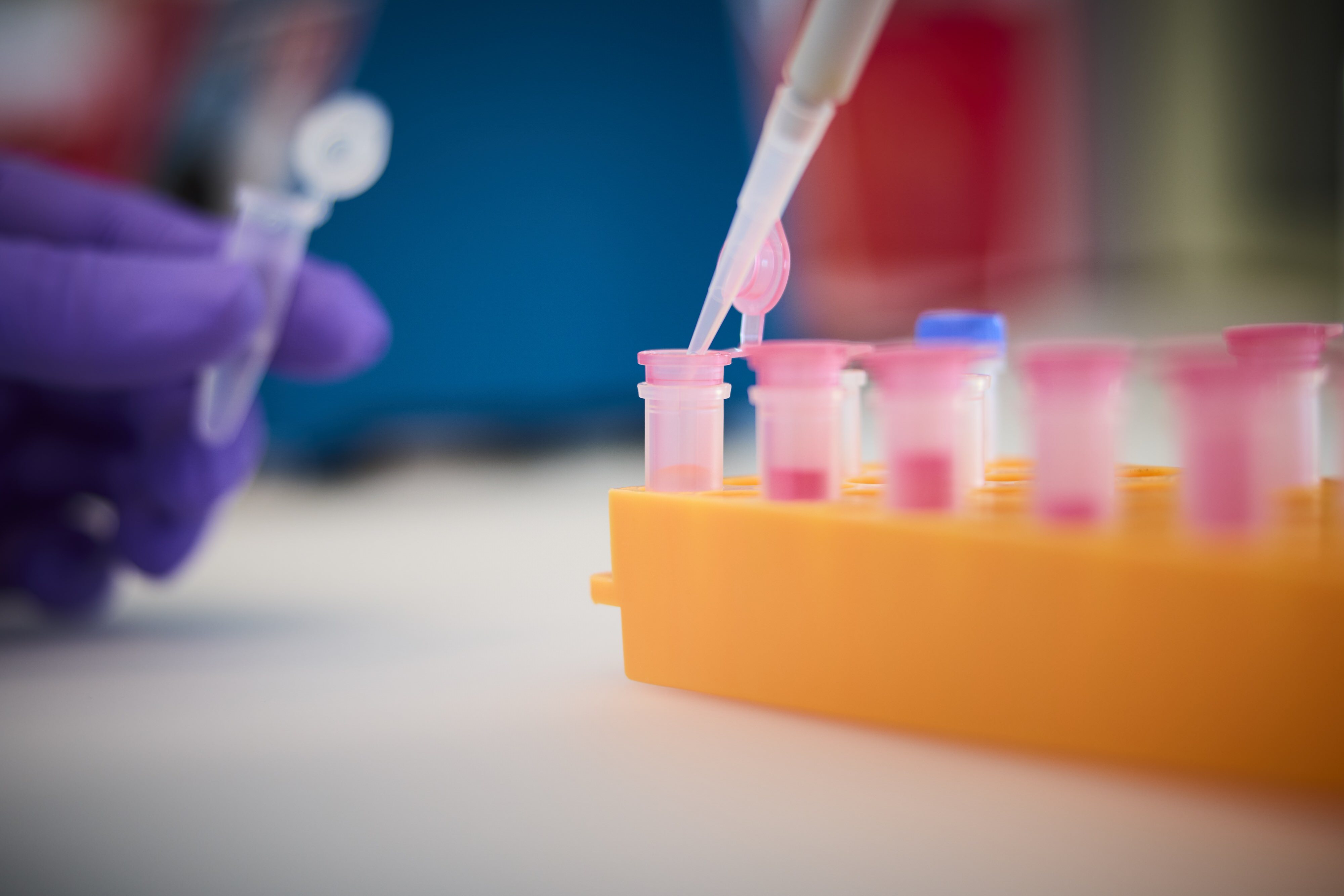Our strategy
We focus on discovering new medicines, diagnostics and digital products that improve health outcomes, so that we all have more time with the people we love.
Healthcare is evolving, but our vision is clear. We are doing now what patients need next, focusing on preventing, stopping or altogether curing diseases with the highest societal burden in order to improve health outcomes and reduce costs for patients and healthcare systems around the world.
We work together across our Pharma and Diagnostics divisions to accelerate research & development and enhance our understanding of disease mechanisms in order to offer a comprehensive portfolio of diagnostic solutions, medicines and digital products that work together to improve healthcare for all.
For over 125 years, we have taken on some of the most complex challenges in healthcare and continue to innovate and adapt to shifting societal needs and technological advancements. We focus on long-lasting investments, taking greater risks and exploring innovative ways to improve people's health around the world. From developing diagnostics and treatments, to harnessing the power of data to shape innovations of the future, we are a healthcare company with a culture of integrity, courage and passion.
A healthier future. It’s what drives us to innovate. To continuously advance science and ensure everyone has access to the healthcare they need today and for generations to come.
Creating a world where we all have more time with the people we love.

Our business
Our unique set up is the foundation of our success. With our combined strength in pharma and diagnostics, we aim to improve health outcomes and reduce costs for patients and healthcare systems. Ultimately, we aspire to prevent, stop and cure diseases.
With our diagnostics solutions, medicines and digital products, we will address patient needs along their entire journey - innovating from prevention and screening, to diagnosis, treatment and monitoring, meeting patients where they are and creating more comprehensive offerings.
Excellence in innovation, operations and an unwavering commitment to our people and sustainability underpin all of this.
Further reading: Our business
Partnerships drive us forward
Working in partnership with third parties, we are better positioned to offer integrated solutions that improve medical and health outcomes. We work with stakeholders across the healthcare ecosystem to broaden access to our solutions for people who need them.
Additionally, we are passionate about science, regardless of where it comes from, by identifying the best innovations, whether internal or external, and delivering them to patients.
Further reading: Partnering with Roche
Excellence in science
Our pursuit of excellence in science rests on four key elements: an exceptionally broad and deep understanding of disease biology; the seamless integration of our capabilities in pharmaceuticals and diagnostics; multiple approaches to maximise innovation; and a long-term vision.
Further reading: Innovation
Our people make the difference
Delivering on our commitments takes people with integrity, courage, and passion. Our people are driven to advance science and create a better tomorrow for patients.
The broad spectrum of backgrounds, perspectives and experiences of our people foster innovative solutions for the benefit of patients. Our ways of working enable agile and networked responses to the ever increasing pace of change by balancing the need for stability, speed and flexibility.
Further reading: Our people and culture
Designed for innovation
Our set-up is designed for innovation. Our autonomous research and development centres and alliances with over 250 external partners foster a wide spectrum of scientific approaches, creativity and agility. Our global geographical scale and reach enables us to attract talent in the leading global science clusters and to quickly bring our solutions to people who need them.
Further reading: Our R&D Structure
Value for all
We are committed to delivering value for all our stakeholders and being a partner of choice. We do this by continually bringing significant medical benefits for patients, healthcare providers and payers, offering a great place to work for employees, delivering a sustainable and positive contribution to society and earning competitive returns for our investors.
Further reading: Sustainability at Roche

:quality(90)/)